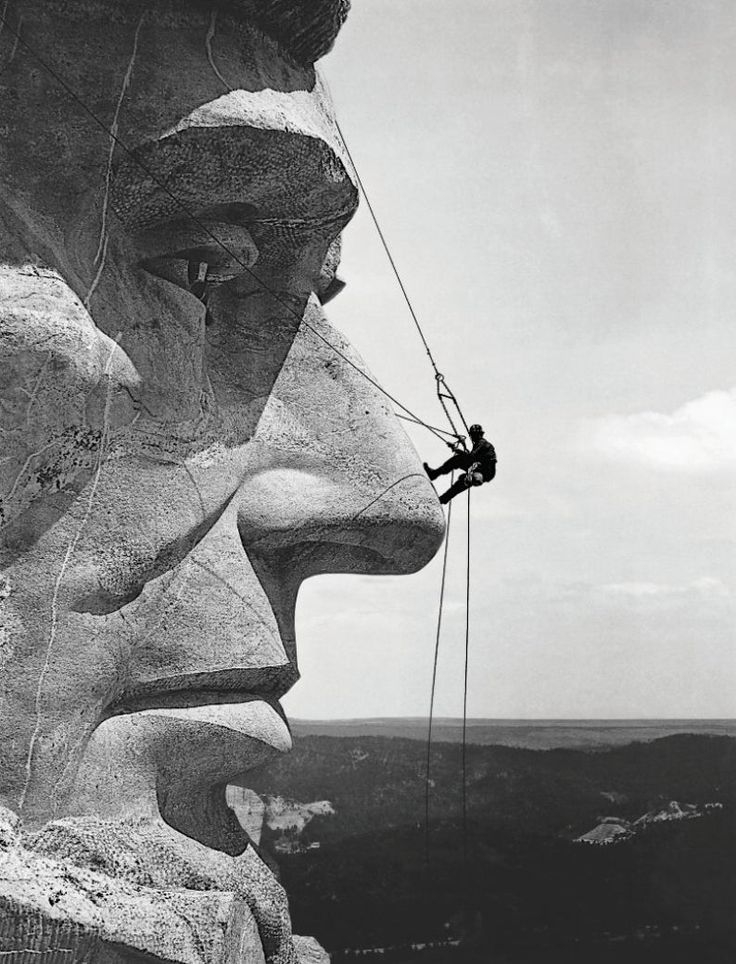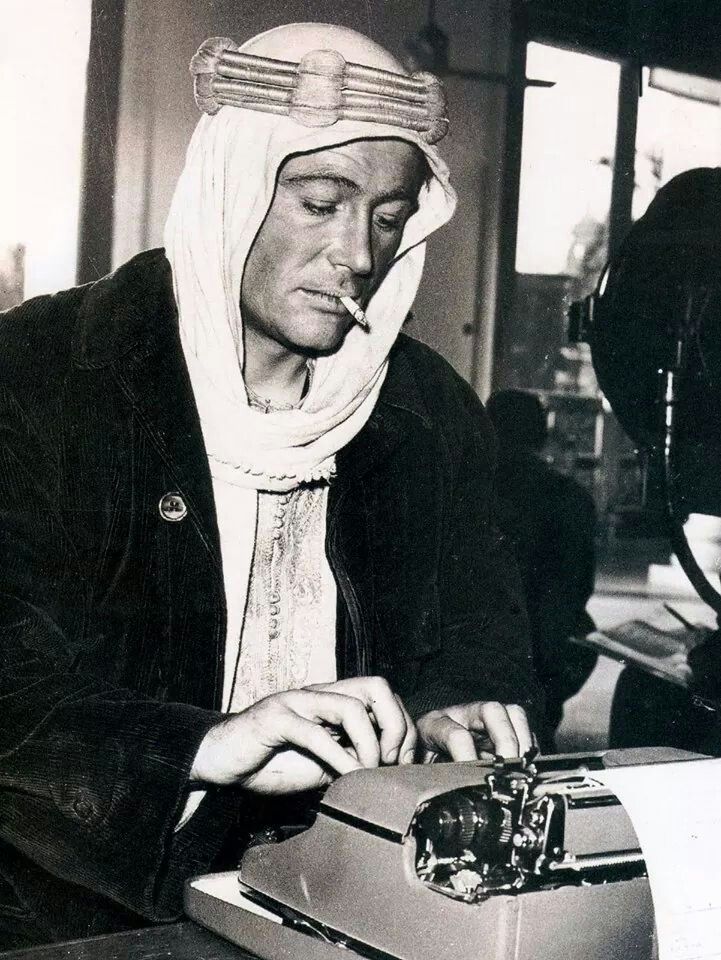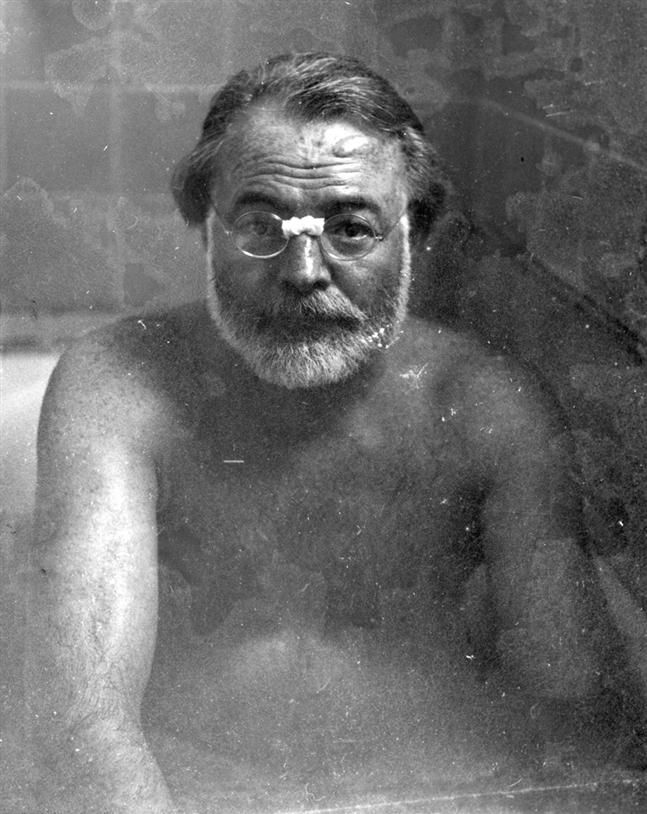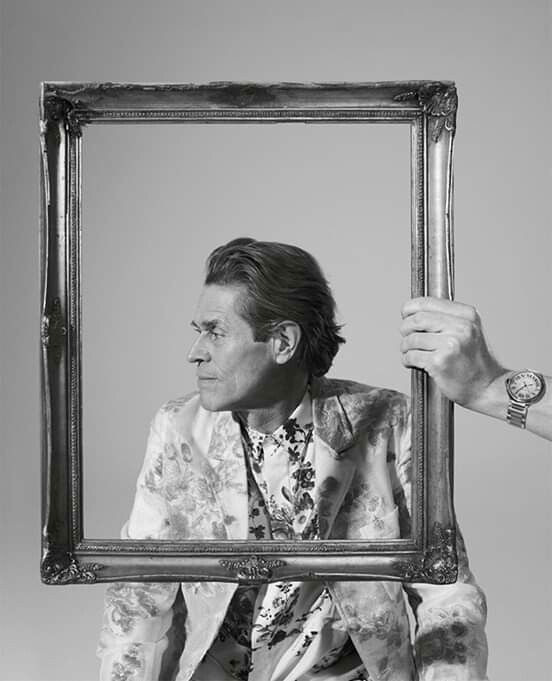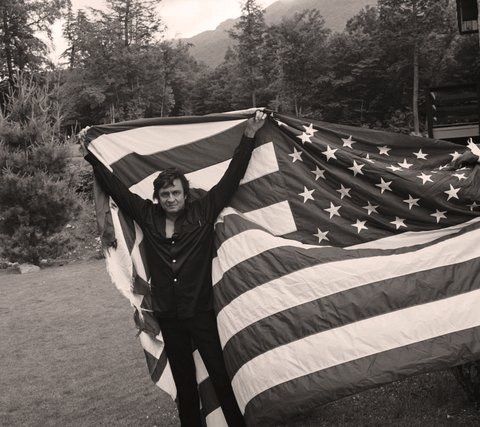Let’s play a game. A hypothetical. Let’s build a man.
Let’s say this man, he does everything right. He’s an average American sonofabitch. He keeps his nose clean, he works the jobs he hates, he pays his taxes. He lives paycheck to paycheck, like everyone else, a quiet, respectable hamster on a wheel, chasing a piece of cheese that’s always just out of reach. The Baby Boomers, in their infinite wisdom, already pissed all over the pension plans, so he does what he’s told: he contributes to his 401k, a sad little savings account that, by the end of it all, might have a hundred and twenty grand in it, if he’s lucky.
But he’s got the dream. The one they sell you from the day you’re born. He believes the old bullshit: if I own my house, I own my own bank. That’s the grand prize, isn’t it? A paid-for roof over your head. So he buys a double-wide trailer in some goddamn corner of Oregon for three hundred grand, and he spends the next thirty years of his life bleeding for it.
And he makes it.
At sixty-eight years old, he’s finally done it. The trailer is paid off. His twenty-thousand-dollar truck is paid off. He’s got a modest little life, four or five hundred bucks a month for food and cheap beer. He mostly keeps to himself. He figures, with the house paid off, he can probably get by on his Social Security. Maybe he’ll pick up a few shifts as a security guard at the Target, a little extra cash to subsidize the slow, quiet rot of his golden years.
He waits until he’s sixty-eight, a good man, a patient man, and he finally pulls the trigger on his Social Security. Thirty-five hundred bucks a month. He’s living the goddamn dream. No bills. Money coming in.
The only problem is, when he looks in the mirror, he sees a ghost. A fat, tired, and completely joyless old bastard staring back at him. His body aches. He can hear his knees grinding when he walks. He has to wear glasses to read the goddamn newspaper. He never fell in love again. He doesn’t have anyone to take care of him. But he tells himself he doesn’t need anyone. His house smells of stale air and quiet desperation. But he made it. A sixty-eight-year-old man, living the American Dream.
And then he finds the lump.
A quiet little knot in his lymph nodes. Stage 4 cancer.
And this, right here, this is where the American Dream reveals itself for the beautiful, ugly, and completely fraudulent piece of machinery that it is.
He goes to the hospital, a nice, clean, beautiful little place that looks like something out of a movie. They do the tests, they run the scans, and they tell him they can operate. They can take out the lymph nodes, they say. Hope. A beautiful, expensive, and completely temporary thing.
And how much does that first taste of hope cost? A hundred grand? Two hundred? Who the hell knows. He has insurance, of course. The kind a man who makes too much for Medicaid but not enough to be rich can afford. The kind with a deductible that could choke a horse. He’s not poor enough to be saved by the government, and he’s not rich enough to save himself. He’s in the great, gray, and completely fucked American middle.
He gets out of the hospital, a little bit lighter, a new scar on his neck. And then the bills start coming. A flood of them. The hospital, the surgeon, the anesthesiologist, all of them wanting their pound of flesh. And the insurance, it pays its share, a polite little slice of the pie. The rest is on him.
And the prescriptions. The little miniature chemo pills. The painkillers. The whole goddamn pharmacy in a plastic bag. And the doctor’s visits. Every week, another co-pay, another bill. Tick-tock, tick-tock. The mountain of paper on his kitchen table grows.
The envelopes start to turn red. “Final Notice.” “Past Due.” He’s a good old American boy. He’s played by the rules his whole life. So he does what a good old American boy is supposed to do. He goes to the bank. He takes out a line of credit on the only thing he has left in the world: his paid-for double-wide trailer. His own private bank.
He pays the bills. For a little while.
And then he finds another lump. Under his armpit this time. Holy shit. It’s spreading.
Back to the hospital. More tests, more scans. Now it’s radiation. Twenty-three weeks of it. He’s not even living in his house anymore. He’s living in a hospital bed, a prisoner in a world of humming machines and quiet, professional indifference. But the bills, they keep coming to the trailer. The electricity, the gas, the trash, the internet. The prime rib he had in the freezer, it’s probably rotting by now.
He tells the kids there’s nothing to worry about, a brave, stupid lie from a man who is drowning in fear. And they believe him, because they have their own lives to worry about, their own bills to pay.
A financial planner from the hospital comes to visit. A nice young lady with a sad, polite smile, who tells him he needs to start liquidating. Then an “advocate” comes, a real used-car salesman in a cheap suit, who tells him that if he wants to qualify for Medicaid, he has to have nothing. He has to be a pauper.
So he gets out of the hospital, just in time to watch his own life get sold for scrap. The kids are there, “helping.” They sell the house, his own private bank, in a trust, so the government can’t see it. They sell his truck on Facebook for pennies on the dollar. They’re just giving his whole goddamn life away, and he has no control. He’s just a passenger in the back seat of his own funeral procession.
The cancer is winning. The medicine they’re giving him is just a different kind of poison. He finally signs the papers. Eighty pages of fine print. A contract with the devil, or maybe just the federal government, which is the same damn thing. They’re going to do an audit on him, they say, to make sure he’s not lying about being broke. They’ll do it after he’s dead, of course.
And now, finally, he’s under the control of Medicaid. And the doctor, the same one who was so hopeful a few months ago, he comes in and gives him the final, beautiful, ugly truth.
“There’s nothing more we can do for you here,” he says.
You’ve squeezed everything you can out of me, he thinks, and now you’re throwing me in the gutter.
“Where do I go now?” he asks.
And that’s when they tell him about the house. Not his house. The new house. The one his new insurance will pay for. A converted garage, owned by some old lady who’s going to feed him peanut butter and jelly sandwiches and broken-winged chicken legs. A place where some hairy-legged Filipino woman who makes ten dollars an hour will come in and beat him with a bag of oranges when he shits his pants. A place to lie down and rot.
The grandkids come to visit. One last time. The place smells of piss and disinfectant. “He’s a shell of who he used to be,” he hears his daughter whisper in the hallway. “What happened to him?”
They give him one last, big, awkward hug. He tries not to get emotional. He waits until they leave. And then, as he watches their car pull away from the curb, the tears finally come. A quiet, pathetic little stream. He feels a sense of anxiety so profound he can barely breathe. He pushes the call button for the nurse.
He spends his last days watching reruns on a shitty little television, stuck with his own thoughts. The only sounds are the dripping of the morphine and the quiet, steady beep of his own heart, counting down the last few seconds of a life that was lived by the rules.
A life that was, in the end, a beautiful, ugly, and completely American tragedy.

